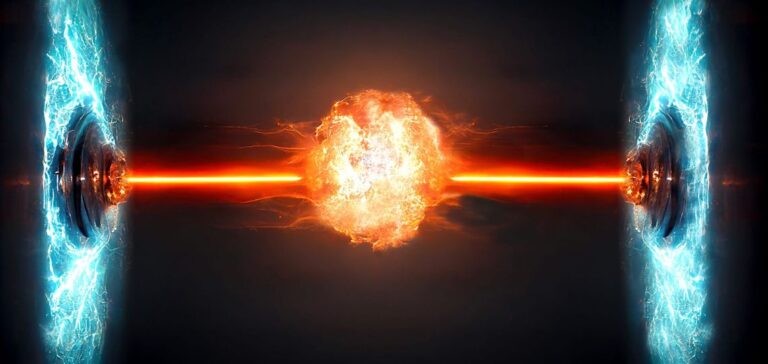The market for nuclear fusion will grow and could reach $40,000 billion, after decades of study and research .
A major innovation
The nuclear fusion market is benefiting from an announcement from Lawrence Livermore National Laboratory (LLNL) and the Department of Energy (DoE). The first demonstration of fusion ignition succeeded in generating more energy than was needed to start the reaction. Thus, 2MJ of laser light could produce a little more than 3MJ of energy.
This scientific feat is the culmination of decades of research, and many previous failures. It gives concrete expression to the hope of benefiting from clean and abundant energy, without highly radioactive waste. It also reduces the risk of cataclysmic disasters.
However, many steps remain to be taken before we can hope for commercial development of the nuclear fusion market. However, it shows a significant amount of private investment activity. During the year, approximately $1 billion of investment supported the research.
Investments in fusion research will reach a record level in 2021, with no less than $2.6 billion. The market is promising and will grow significantly. Bloomberg estimates that companies exposed to the nuclear fusion market will one day reach a valuation of $40,000 billion.
A promising market
The number of private companies involved in R&D continues to grow. Among the most notable, Commonwealth Fusion Systems appears to be at the forefront of research. The company was raising $1.8 billion in December 2021.
Among its investors are Bill Gates, Google, but also oil companies. The company claims to have the fastest and least expensive solution for commercial fusion energy. In addition, a prototype should be available by 2025.
TAE technologies is another major player in the market. It has just raised $1.2 billion during the month of December 2022. The company is developing a fusion reactor that would be presented in the early 2030s.
This will produce electricity from a proton-boron reaction at a temperature of one billion degrees. Finally, many other competitors are trying to make their way into the nuclear fusion market. Among them are Tokamak Energy, General Fusion, and Helion Energy.






















